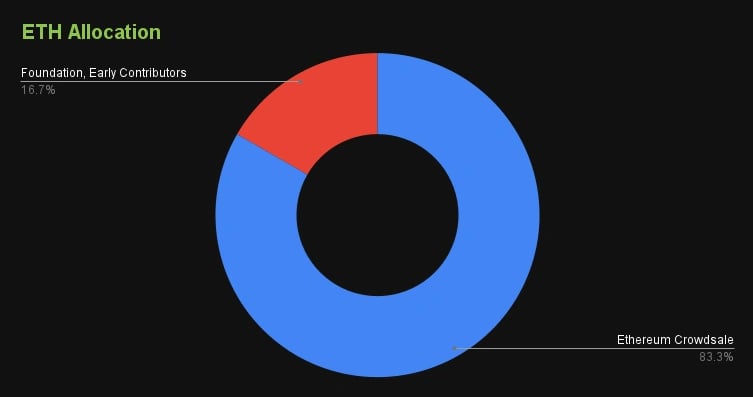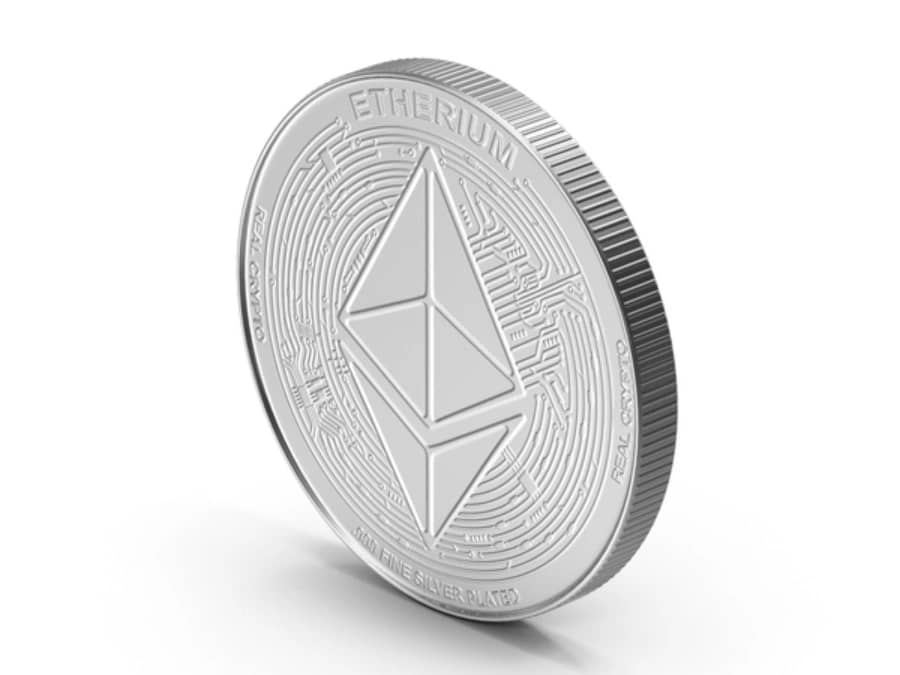Subscribe to wiki
Share wiki
Bookmark
Ether (ETH)
The Agent Tokenization Platform (ATP):Build autonomous agents with the Agent Development Kit (ADK)
0%
Ether (ETH)
Ether (ETH) is the cryptocurrency generated in accordance with the Ethereum protocol as a reward to validators in a proof-of-stake system for adding blocks to the blockchain. [1]
Technology
Ether (ETH) is the currency accepted by the Ethereum protocol as payment for the transaction fee. The transaction fee is composed of two parts: the base fee and the tip. The base fee is "burned" (deleted from existence) and the tip goes to the block proposer. The validator reward together with the tips provide the incentive to validators to keep the blockchain growing (i.e. to keep processing new transactions). Therefore, ETH is fundamental to the operation of the network. [6]
The ether cryptocurrency supports a pricing mechanism for Ethereum's computing power. When users want to make a transaction, they must pay ether to have their transaction recognized on the blockchain. These usage costs are known as gas fees, and the gas fee depends on the amount of computing power required to execute the transaction and the network-wide demand for computing power at the time. [6]
Ether may be "sent" from one account to another via a transaction, which simply entails subtracting the amount to be sent from the sender's balance and adding the same amount to the recipient's balance. Ether is listed on exchanges under the abbreviation ETH. The Greek uppercase Xi character (Ξ) is sometimes used as its currency symbol. [1]
Ether Allocation
In July and August 2014, 60 million, or 83.3%, of the initial 72 million Ether (ETH) was distributed to people who bought it in a crowd sale. The sale proceeds paid for development, research, legal expenses, and communications. [5]
16.68% was allocated to Ethereum Foundation, Early Contributors & Others. [4]

Ether Minting
Ether is minted as a reward for each block proposed and at every epoch checkpoint for other validator activity related to reaching consensus. The total amount issued depends on the number of validators and how much ether they have staked. This total issuance is divided equally among validators in the ideal case that all validators are honest and online, but in reality, it varies based on validator performance. About 1/8 of the total issuance goes to the block proposer; the remainder is distributed across the other validators. Block proposers also receive tips from transaction fees and MEV-related income, but these come from recycled ether, not new issuance. [6]
Burning Ether
Ether can be destroyed through a process called 'burning'. When ether gets burned, it gets removed from circulation permanently. [6]
Ether burn occurs in every transaction on Ethereum. When users pay for their transactions, a base gas fee, set by the network according to transactional demand, gets destroyed. This, coupled with variable block sizes and a maximum gas fee, simplifies transaction fee estimation on Ethereum. When network demand is high, blocks can burn more ether than they mint, effectively offsetting ether issuance.
Burning the base fee reduces the potential for block producers to manipulate transactions. It eliminates the possibility of them including their own transactions for free and increasing the base fee for other users. Furthermore, burning the base fee prevents block producers from refunding the base fee off-chain, thus increasing the transparency of the transaction fee market.
Denominations of Ether
Ethereum transactions of small value often require the use of smaller denominations of ether, such as Wei[3] and Gwei, for accurate representation. Wei is the smallest possible amount of ether, and as a result, many technical implementations will base all calculations in Wei. Gwei, short for giga-wei, is often used to describe gas costs on Ethereum. [6]
| Denomination | Value in ether | Common usage |
|---|---|---|
| Wei | 10^18 | Technical implementations |
| Gwei | 10^9 | Human-readable gas fees |
See something wrong?
The Agent Tokenization Platform (ATP):Build autonomous agents with the Agent Development Kit (ADK)
